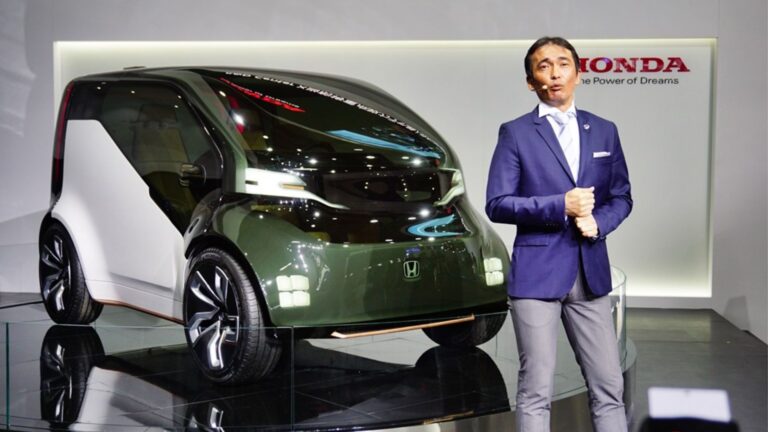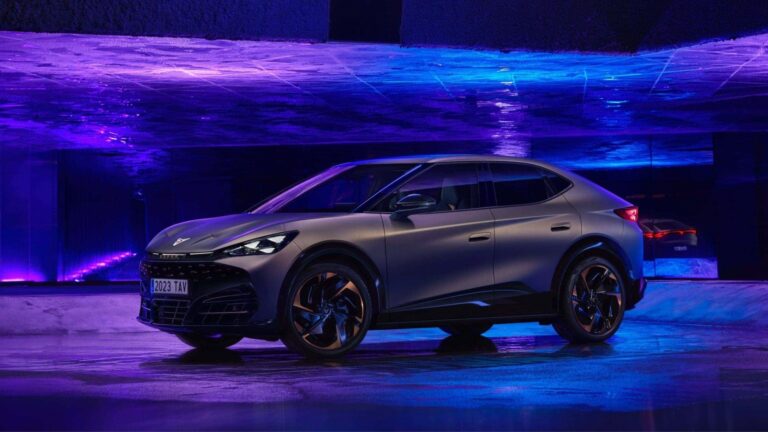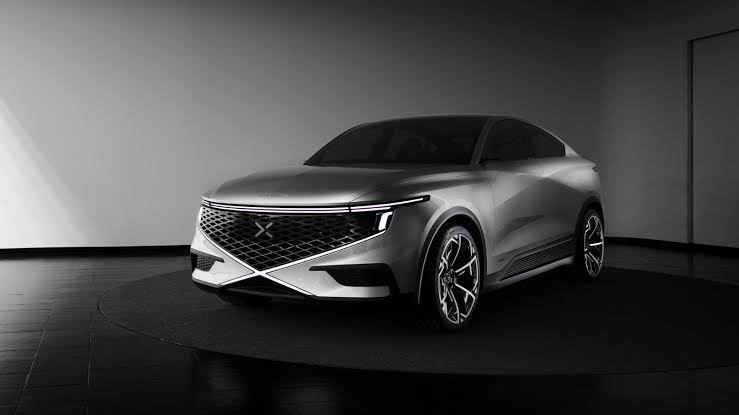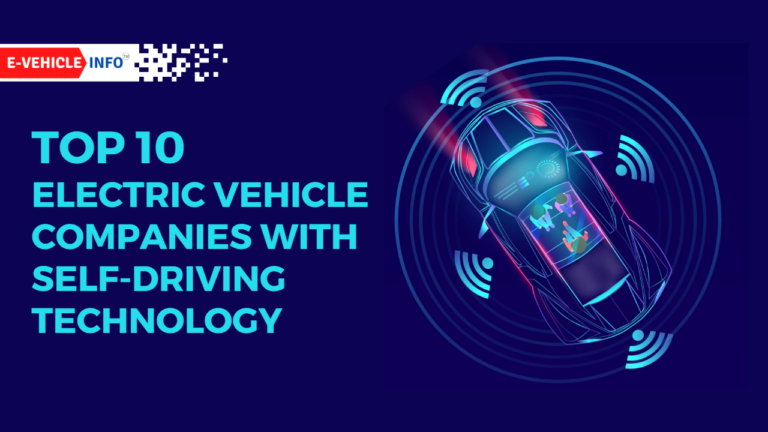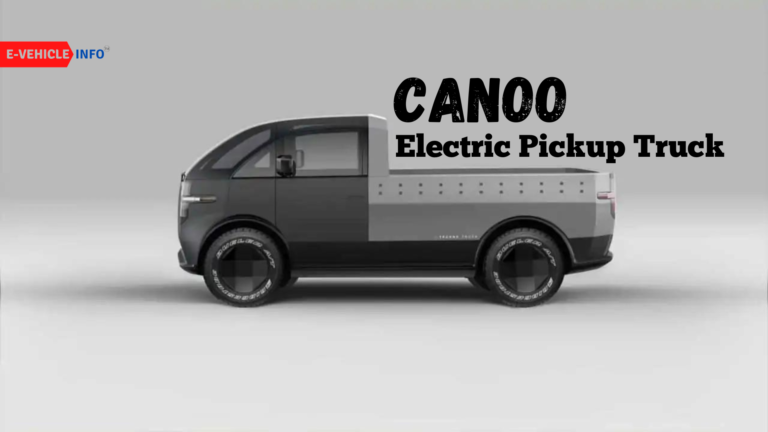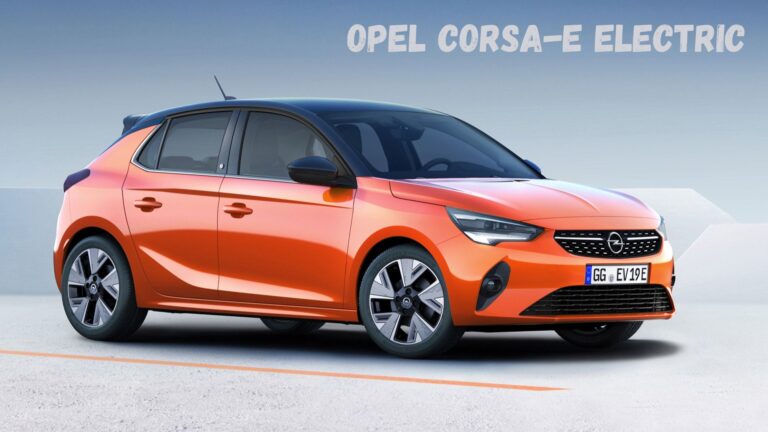Rivian Switches to LFP Batteries Across its Entire Product Line
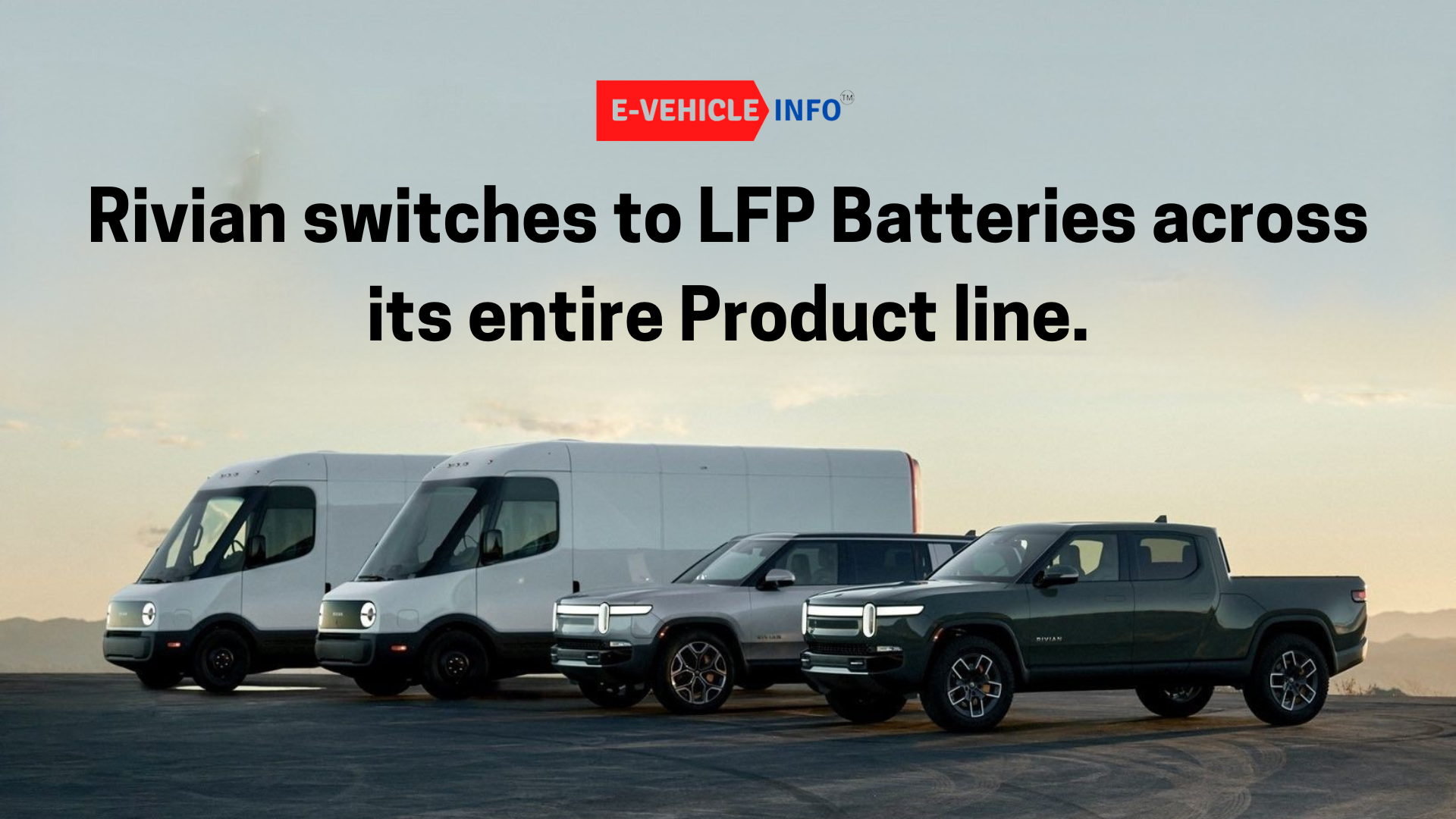
Rivian Battery Chemistry
Rivian, the electric vehicle (EV) startup, has announced its plan to switch its entire lineup to lithium iron phosphate (LFP) batteries. The company has already optimized its manufacturing processes and introduced LFP batteries and Enduro drive units in its EDV 500 and 700 vans. It plans to offer LFP versions of its R1S and R1T models soon.
Production and Financial Performance of Rivian in Q1
After facing underwhelming production numbers and weak financials in 2022, Rivian started 2023 positively with better-than-expected Q1 results. The company has set a target of producing 50,000 units this year and is confident it can achieve it, which is good news for the company’s profitability. Rivian CEO RJ Scaringe congratulated his team on the strong Q1 performance and confirmed that the company will introduce LFP cells in its battery packs.
LFP Battery Pack Installation
Rivian had planned to install LFP battery packs in the EDV vans in 2022, but the process has been delayed. Scaringe(CEO) stated that the LFP batteries would be available in passenger vehicles later this year, along with the Enduro drive units. Rivian is also working on developing its battery chemistries, but the LFP cells will be produced in partnership with a Chinese firm.
Advantages and Disadvantages of LFP Batteries for Rivian
While LFP batteries offer cost benefits to Rivian and its customers, their lower energy density remains a concern. However, advances in technology, such as the Cell-to-Pack system, can improve energy density by packing more cells and using the pack as a structural component of the car.
Why are LFP-based Li-ion batteries getting more popular in EVs?
Li-ion battery is most commonly used in electric vehicles because of their unique properties like high energy density, high power density, large life cycle, low self-discharge, and support for fast charging as compared to other batteries like Nickel-metal hydrides, and lead-acid.
Different types of cathodes (based on materials made up) like Nickel Manganese Cobalt (NMC), Lithium Cobalt Oxide (LCO), and Lithium Iron Phosphate (LFP) are available to use in Li-ion batteries.
But LFP-based Li-ion batteries have attracted EV OEMs because
- Its higher cycle life can be two times more than others, with nearly 2500-3000 charge cycle
- It has low self-discharge (only 3-5% in a month)
- Wide range of temperatures operability and can withstand 30% higher temperatures.
- Provides good safety as compared to NMC, LCA
- Less toxic to the environment as it does not contain Cobalt.
Although it has low energy density.

Rivian’s Partnership with Amazon
Rivian’s partnership with Amazon for the EDV van has faced some challenges due to lower-than-expected orders. As a result, Rivian is trying to end the exclusivity agreement with Amazon for the EDV and wants to sell the vans to other companies.
Writer’s Remark
Rivian’s switch to LFP batteries is a significant move that could potentially improve its profitability and make its vehicles more affordable to customers. However, the company will need to balance the cost benefits with the potential tradeoffs of lower energy density. It will be interesting to see how Rivian’s partnership with Amazon evolves and if the company can successfully sell its EDV vans to other buyers.

